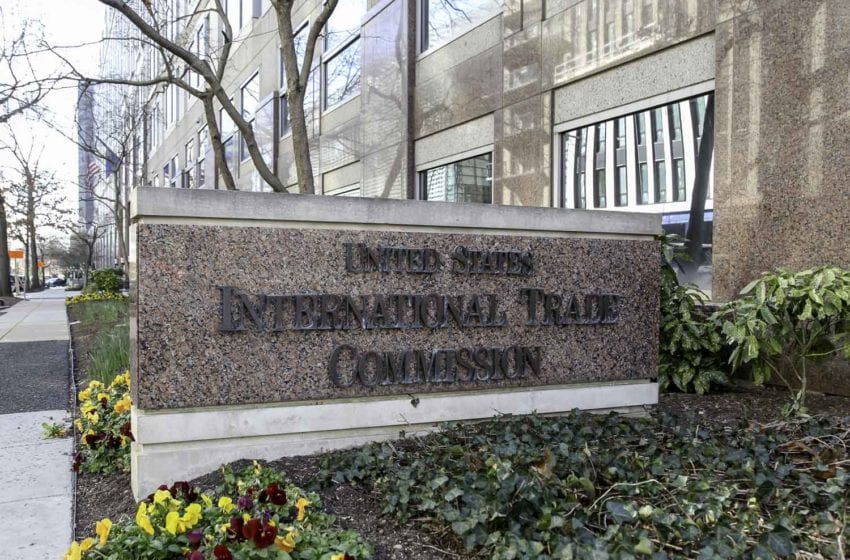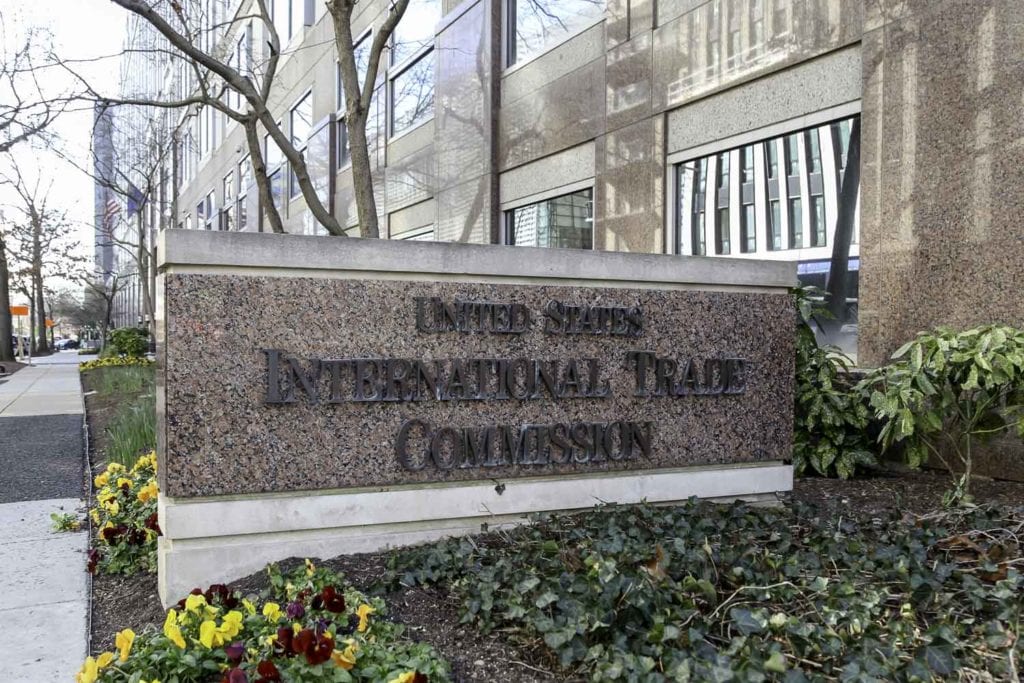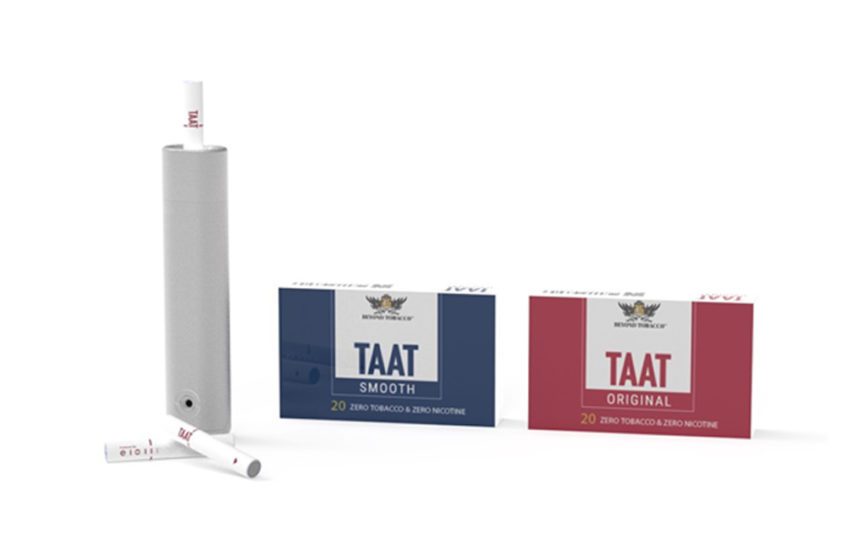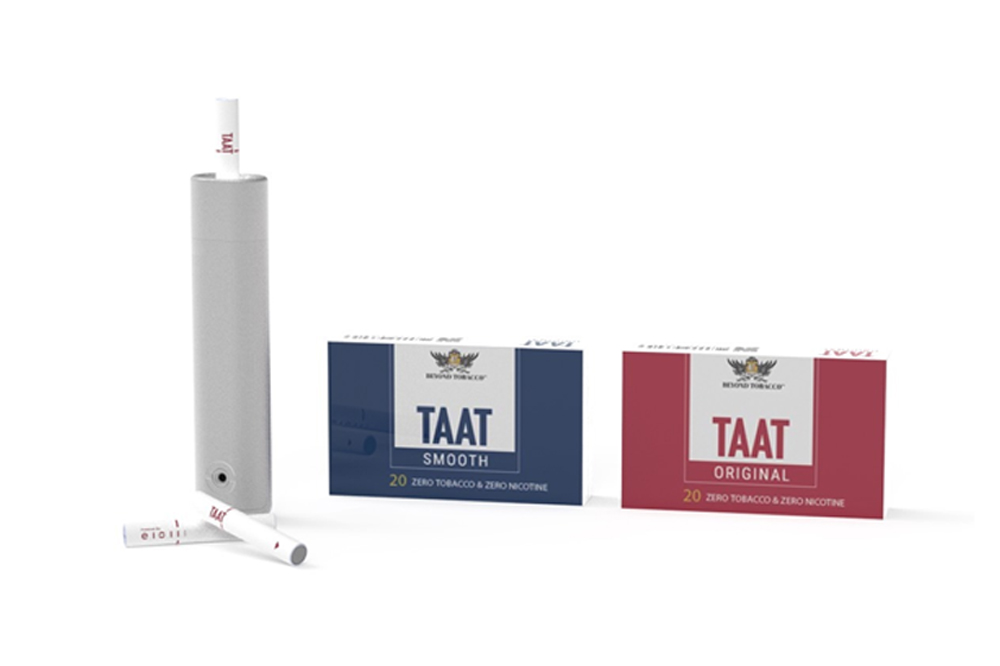
The Australian Border Force (ABF) has detected a significant increase in attempted illicit tobacco imports at the Australian border, according to the Border Security Report.
The ABF discovered 878.8 tons of undeclared loose-leaf tobacco and 712.7 million undeclared cigarette sticks between Jan. 1, 2021, and Dec. 31, 2021. This is a 45 percent increase compared to 2020.
The majority of the illicit tobacco is coming from the Middle East and Asian regions. Illicit imports are either held for further investigation or incinerated.
“Our detection numbers show we are very alert to the different methods and patterns of concealment used in illicit tobacco importations at our borders,” said Susan Drennan, commander of the agency’s Trade and Travel Operations East division. “Our message to those who think they can import such large amounts of illicit tobacco and get away with it is to think again.”
Illicit tobacco imports that are linked to serious and organized crime syndicates are referred to the Illicit Tobacco Taskforce (ITTF). The ITTF combines the operational, investigative and intelligence capabilities of the ABF, the Australian Taxation Office, the Department of Home Affairs, the Australian Criminal Intelligence Commission, AUSTRAC and the Commonwealth Director of Public Prosecutions.
“Organized crime groups capitalize on unwitting smokers looking for cheap cigarettes to enrich themselves and to fund other types of criminal activities that harm our community,” said Greg Linsdell, commander of the ABF Special Investigations division. “The ABF is working tirelessly to stop this activity both at our border and within Australia through comprehensive and powerful ITTF investigative actions.”


















